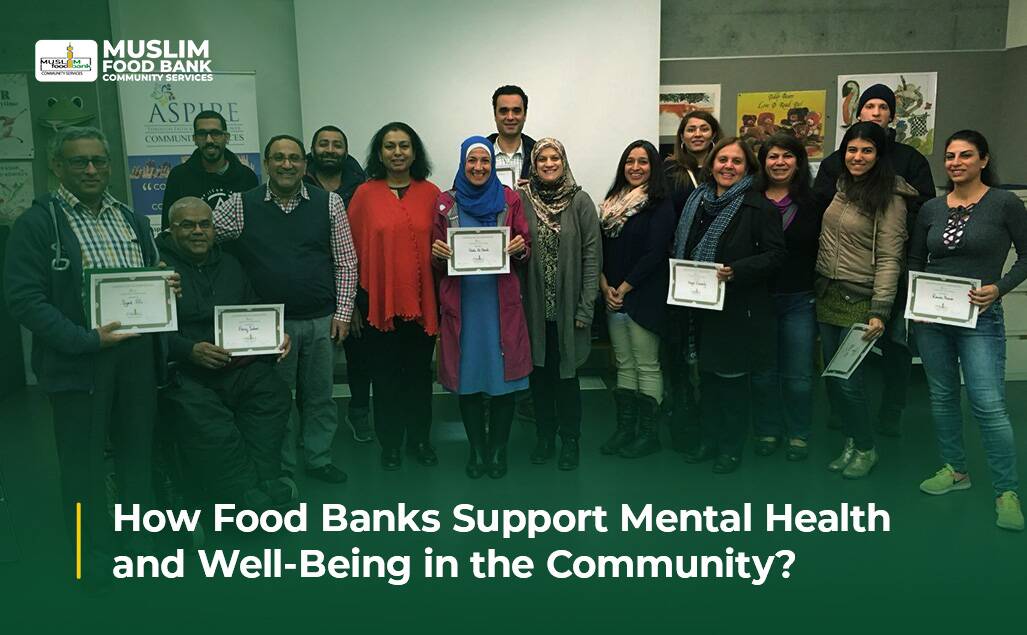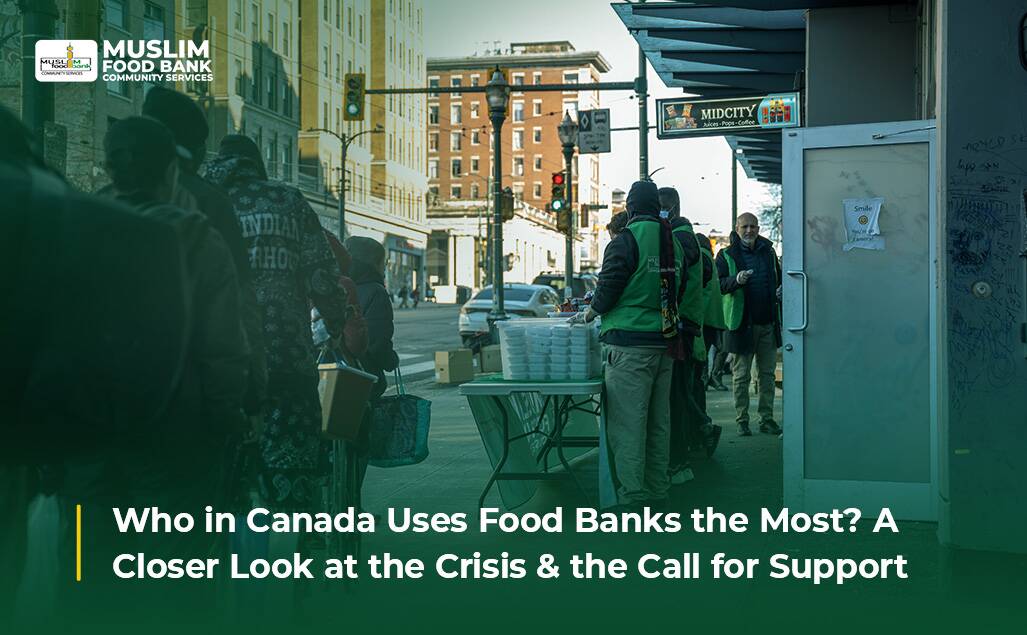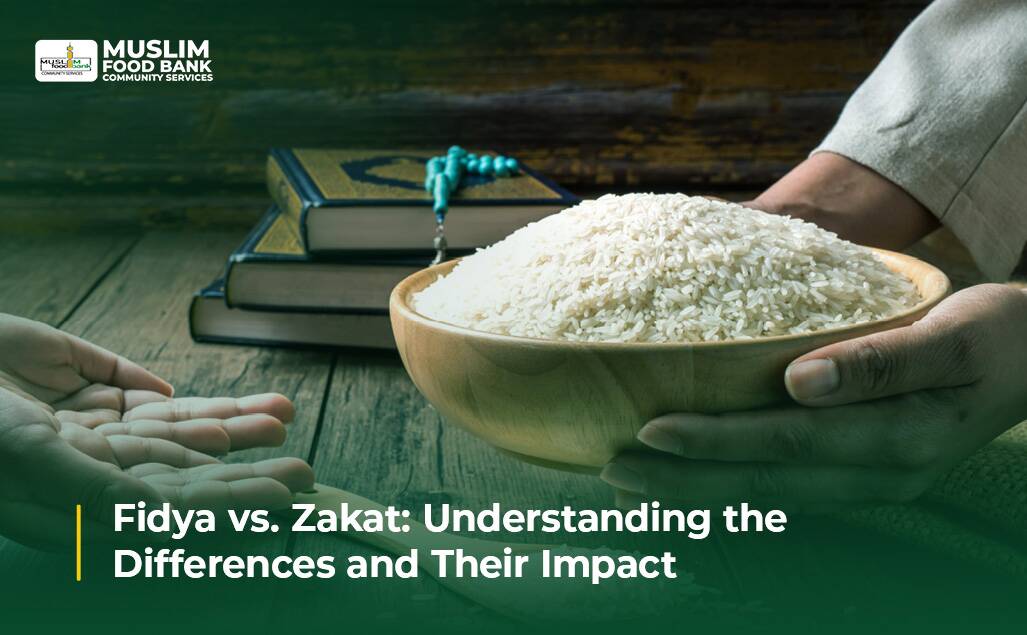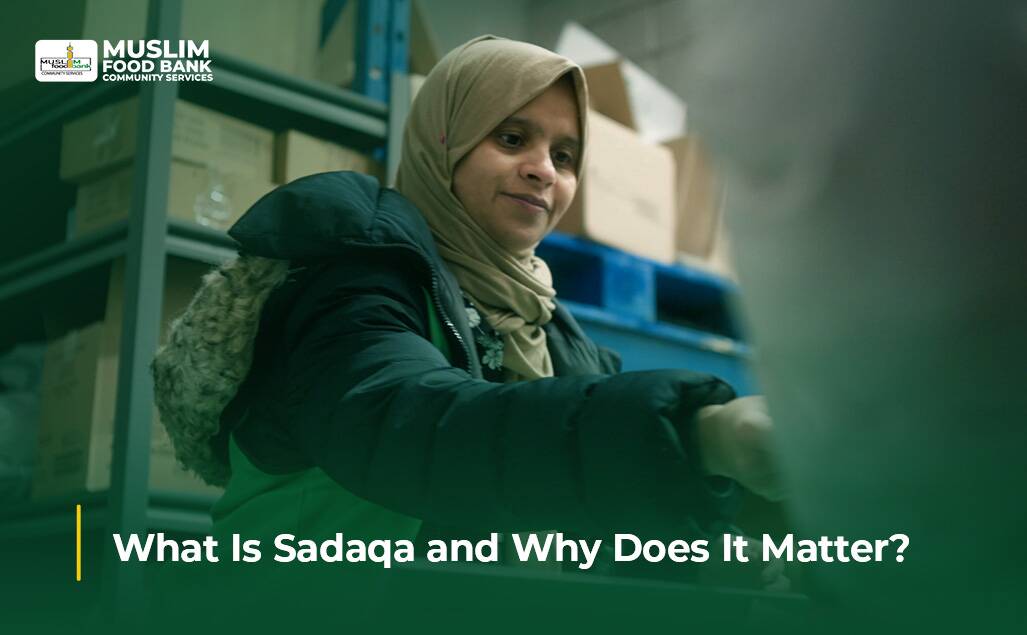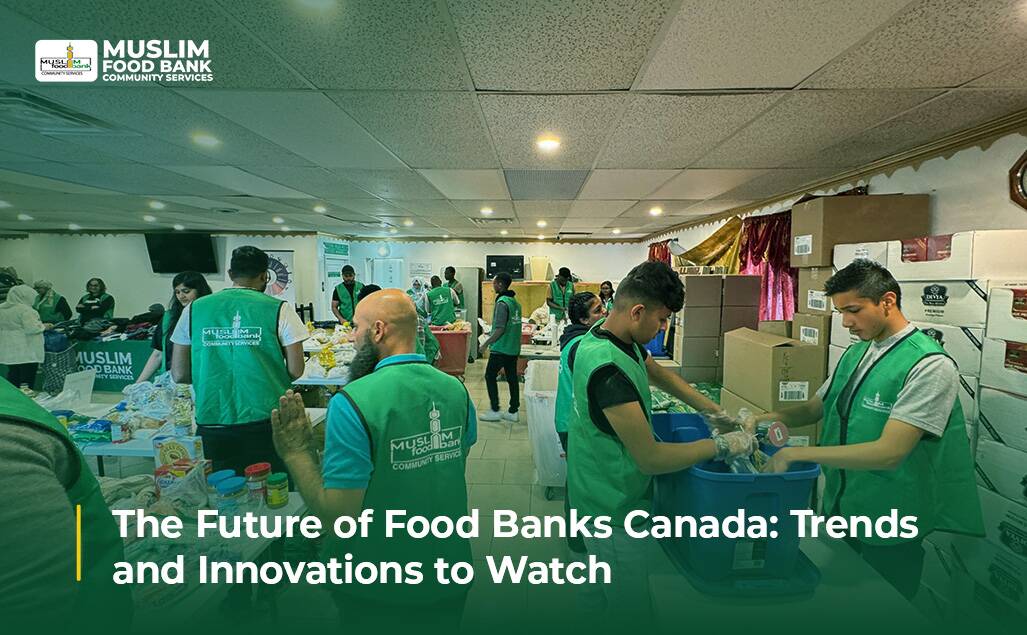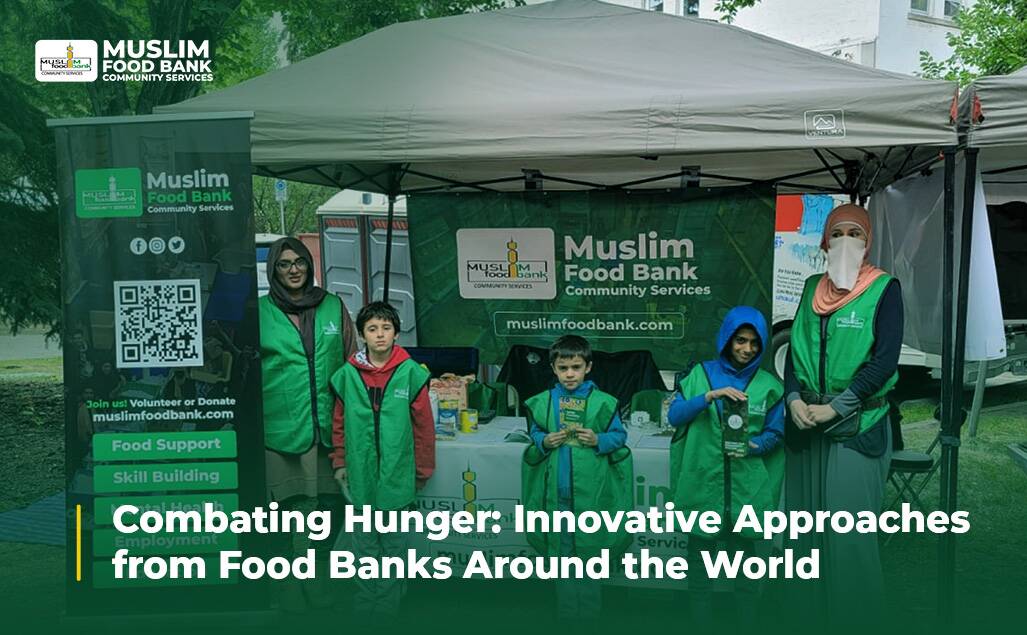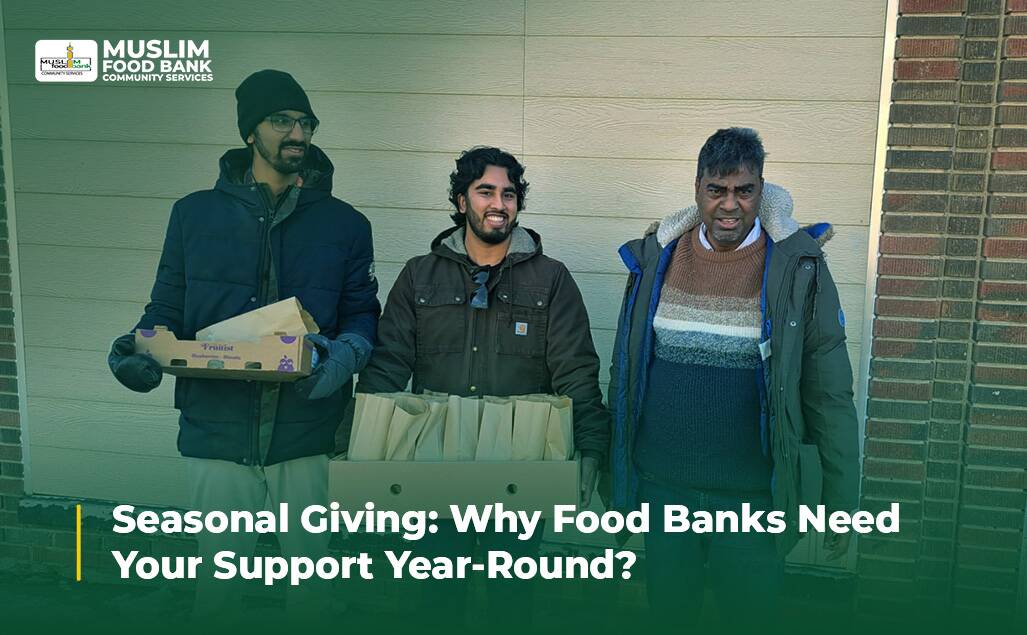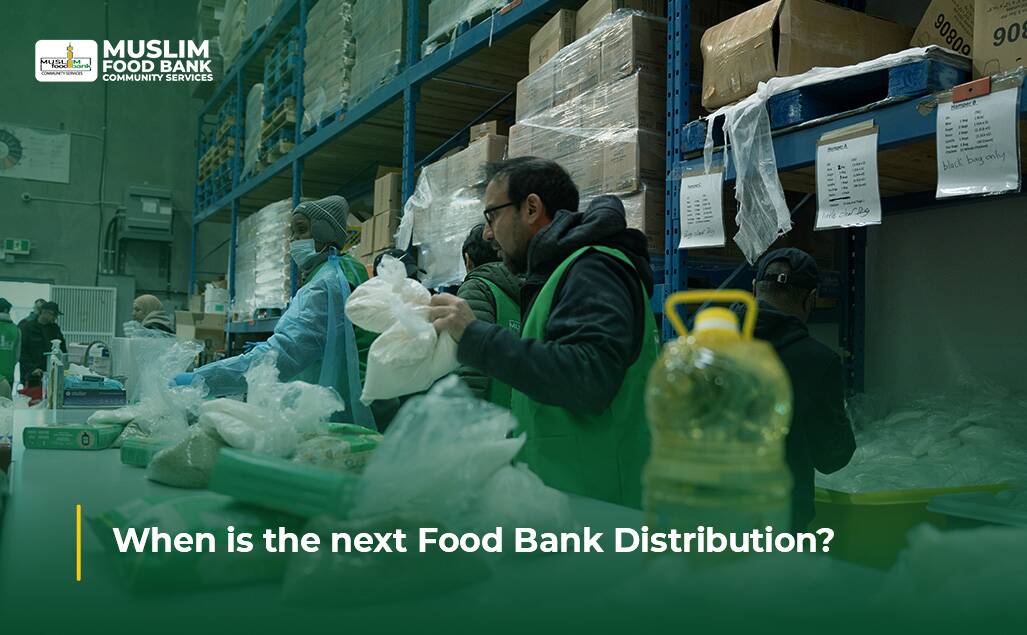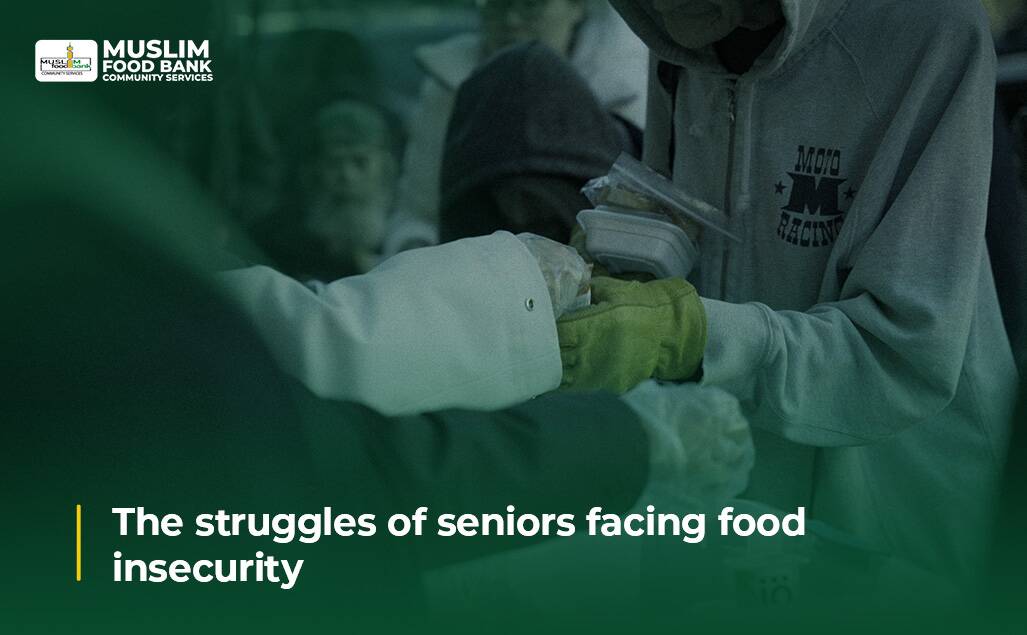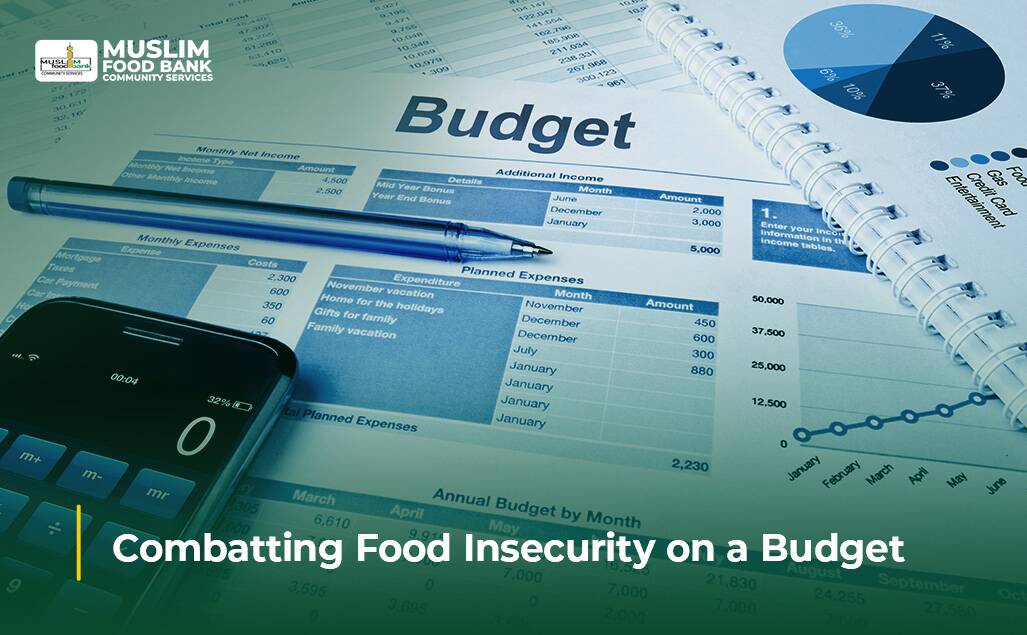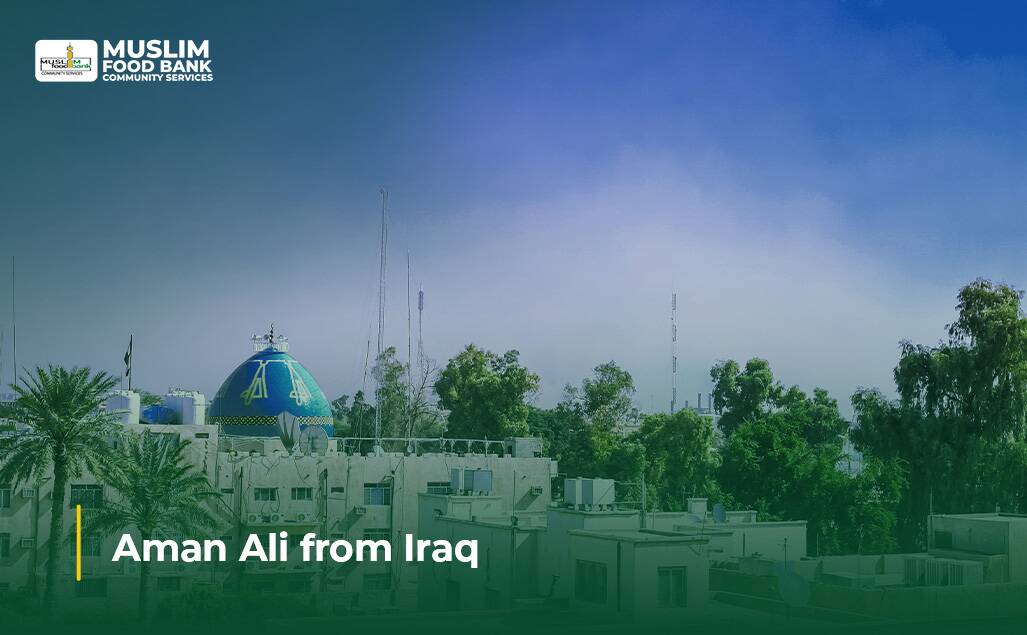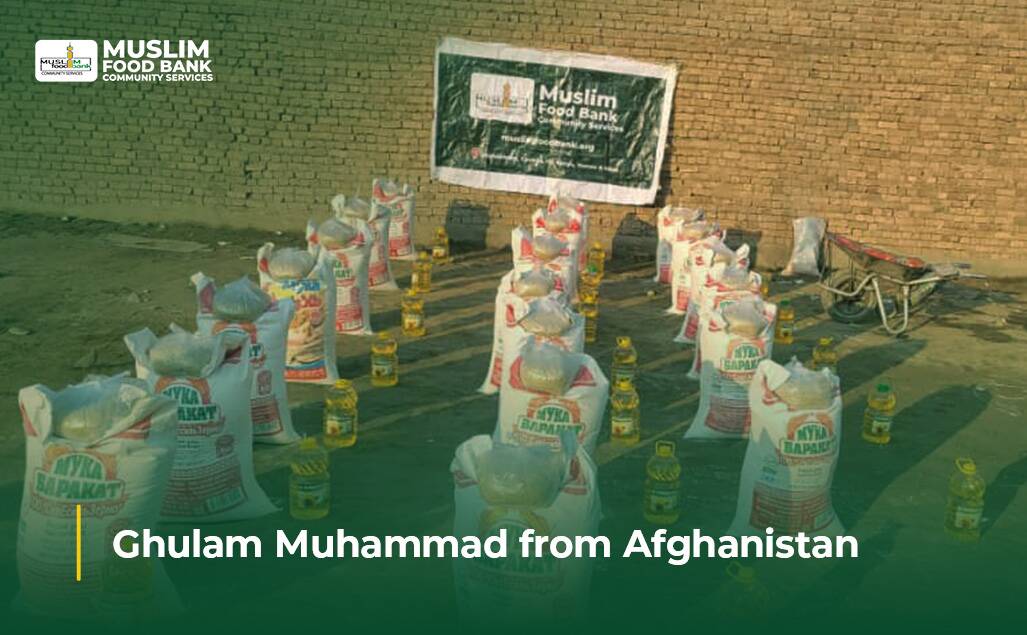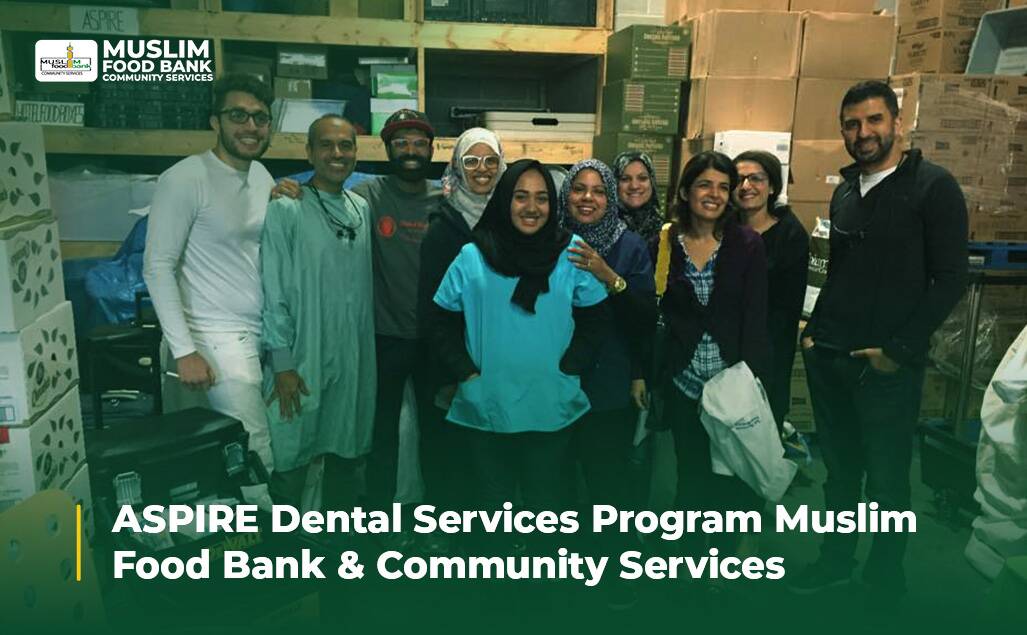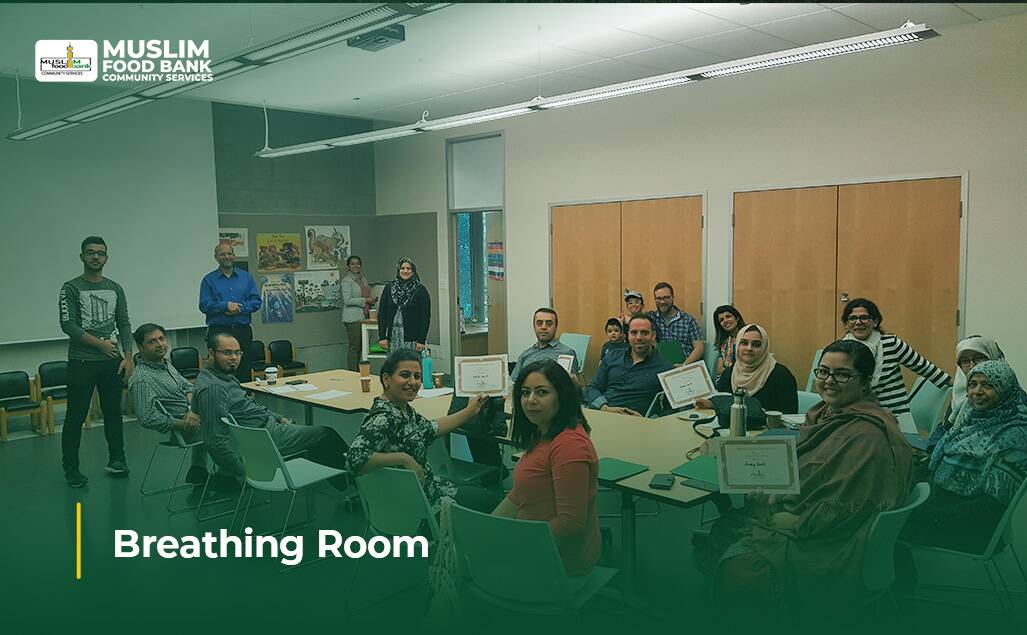Food security is not just about having enough to eat; it significantly influences mental health and overall well-being. When individuals or families lack consistent access to adequate food, the repercussions extend beyond hunger.
A thorough review of 19 studies, including more than 370,000 participants across the globe, revealed that food insecurity significantly escalates the risk of depression and stress, particularly in men and people older than 65.
To tackle such situations, Muslim Food Bank Canada has an extensive ASPIRE program that helps tackle mental health and well-being issues.
Keep reading to learn how Food Banks Support Mental Health and well-being and how we can help individuals cope with this trauma.
How does Food Security affect Mental health and Well-Being?
Here is how food security affects mental health and well-being:
1. Increased Stress and Anxiety
Food insecurity is a significant source of chronic stress and anxiety. The constant worry about where the next meal will come from can lead to heightened stress levels. This ongoing anxiety can exacerbate mental health conditions and contribute to the development of disorders such as depression and generalized anxiety disorder
2. Depression and Psychological Distress
The relationship between food insecurity and depression is well-documented. Studies have shown that individuals experiencing food insecurity are more likely to suffer from depressive symptoms. This is partly due to the stress associated with food scarcity and the nutritional deficiencies that can arise from an inadequate diet, impacting brain function and mood regulation.
3. Impact on Children’s Mental Health
Food insecurity can have particularly severe effects on children’s mental health. Children from food-insecure households are at a higher risk of developmental issues, emotional problems, and behavioral disorders. They are more likely to experience feelings of shame and embarrassment, which can lead to social isolation and further psychological distress.
4. Cognitive Function and Performance
A lack of adequate nutrition can impair cognitive function and performance. For adults, this might manifest as difficulty concentrating, poor decision-making, and reduced productivity. For children, it can lead to problems in school, affecting their learning and academic performance. Poor cognitive function can also exacerbate feelings of frustration and hopelessness, further impacting mental health.
5. Physical Health and Mental Health Connection
There is a strong connection between physical health and mental health. Malnutrition and poor diet can lead to a range of physical health problems, such as weakened immune systems, increased susceptibility to illnesses, and chronic diseases like diabetes and heart disease. These physical health challenges can, in turn, worsen mental health conditions, creating a vicious cycle of poor health and mental well-being.
6. Social Stigma and Isolation
The stigma associated with food insecurity can lead to feelings of shame and embarrassment, preventing individuals from seeking help. This can result in social isolation, which further exacerbates mental health issues. Social support is crucial for mental well-being, and the lack of it can lead to severe psychological distress.
How does Muslim Food Bank Canada help in coping with mental health and well-being issues?
If you are someone who is facing mental health and well-being issues, we have a specialized set of programs to help people like you. Our ASPIRE Program at the Muslim Food Bank offers a comprehensive approach to help individuals deal with mental health and well-being issues.
Here is how we support individuals and families:
Personalized Community Casework
Through community casework, you receive personalized support. Caseworkers help you access employment, educational resources, and social services. This tailored guidance reduces stress and anxiety, improving your mental well-being.
Mental Health Counseling
ASPIRE provides one-on-one and family counseling. You get help for trauma, depression, anxiety, and substance abuse. The culturally sensitive approach ensures you feel understood and supported, making mental health treatment more effective.
Youth Support Programs
Your children can benefit from ASPIRE’s youth programs. They receive academic support, mentorship, and safe spaces. The program also includes prison outreach, offering social-emotional learning and restorative justice. These efforts help young people develop resilience and positive coping mechanisms.
Educational Workshops and Community Engagement
You can attend nutrition, financial literacy, and mental health awareness workshops. These workshops empower you with knowledge and skills to improve your life. Engaging in these initiatives creates a supportive environment where you can learn and grow.
Comprehensive Support for Self-Reliance
ASPIRE helps you achieve long-term self-reliance. By addressing food security and mental health, the program provides holistic support. This approach ensures you don’t just survive but thrive with improved mental health and independence.
Conclusion
Our ASPIRE Program helps people cope with mental health and well-being issues. It provides comprehensive support through personalized casework, counseling, youth programs, and educational workshops. This holistic approach fosters a healthier, more stable future.
Your support and contributions to ASPIRE make a significant difference in fostering a compassionate and resilient community.

